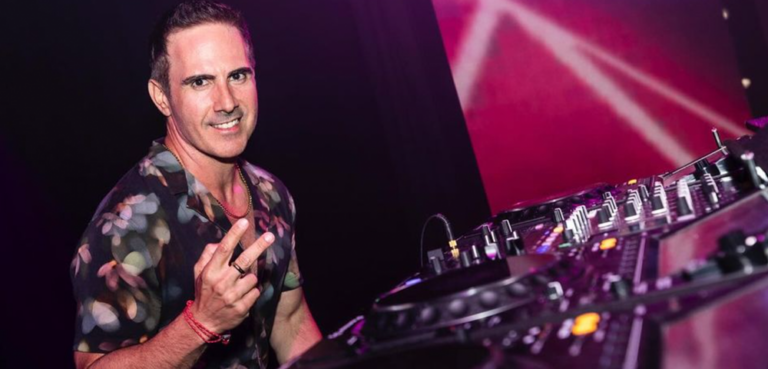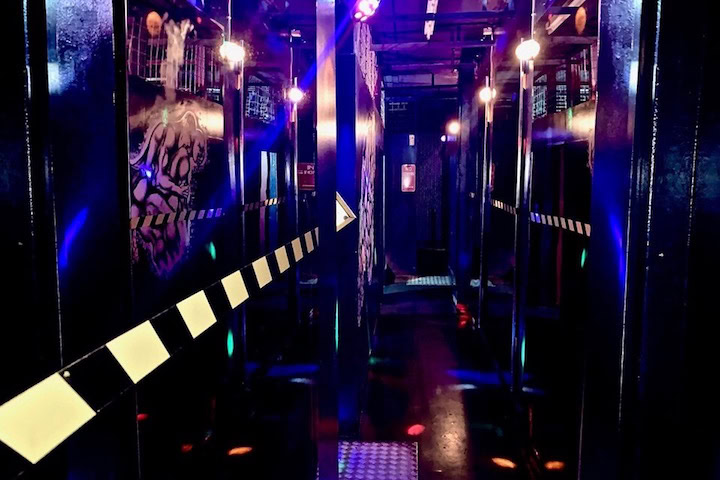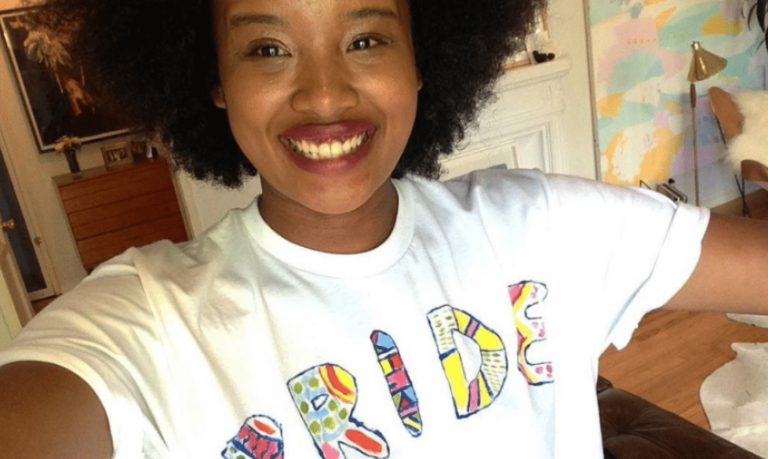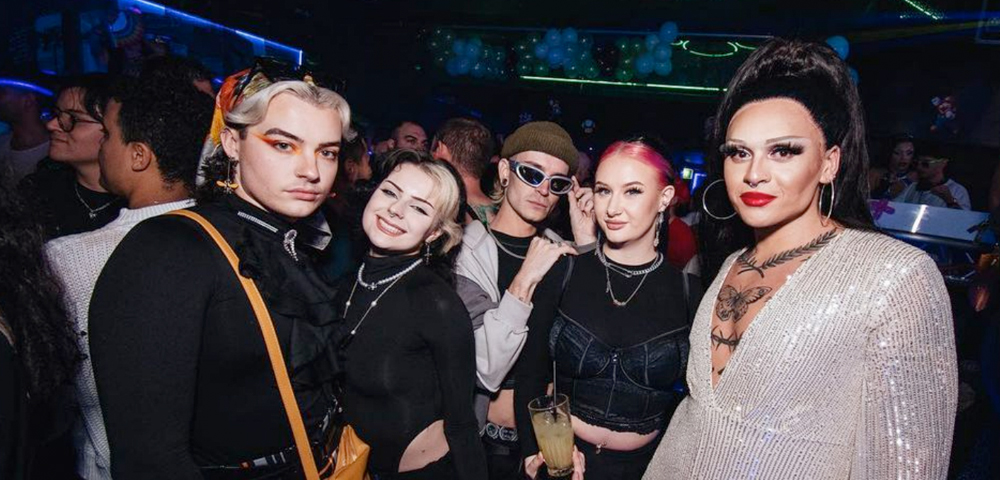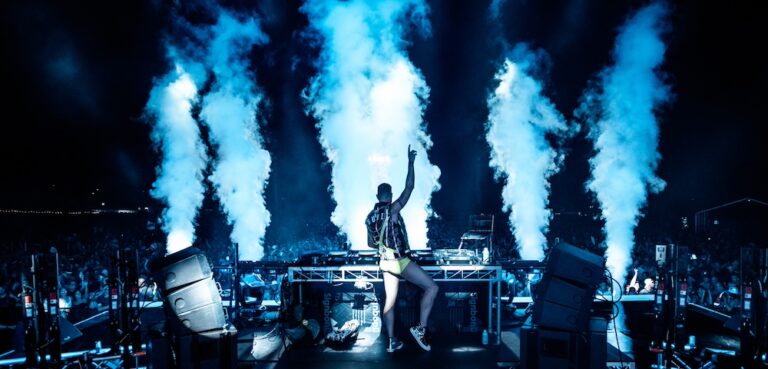
Sam’s back for more
Sam La More is an Australian record producer and recording artist. He’s known for his band Tonite Only and he worked on Gwen Stefani’s What You Waiting For? We caught up with him while he was back in town for last month’s Lawn Party
What inspired you to become a DJ?
I started to play gigs for the money, the extension of youth or perhaps a purist desire to expose my music to the world but I can’t remember.
What makes a good dancefloor song?
A good dancefloor song requires a song, strangely overlooked by many DJs. Also cool vocals or a great hook, tough beats and a loud, warm bass line.
What are the secrets of crafting a great dance remix?
A great remix will improve upon the original and brand the new work with your signature style. I always tend to give away one of my own songs or at least a latent concept when I do a remix.
How would you describe your DJ style?
I don’t use vinyl or CDs when I play. I use a computer and sequencer and most often play records I have written, produced and remixed. I then remix those records with other people’s music live as a kind of mash-up. It can get messy but I usually save that for those crazy intimate shows we enjoy.
Vinyl, CD or downloads -“ what’s your preference?
I think downloads are amazing but where’s the artwork? I discovered many of my favourite artists by their covers alone. It’s one of many tragedies to have befallen the music business.
What’s been the highlight of your career so far?
The highlight of my career is still What You Waiting For? for Gwen Stefani, I’m afraid. Opportunities like that don’t come often, especially now that I live in Australia.
What’s more important, the melody or the beat? Why?
The melody is more important than the beat. A beat is a stylistic element whereas the melody is the song itself.
Which artists and songs are a DJ’s staples?
Anything brilliant which can’t be copied easily can become a DJ’s staple. Daft Punk’s records are an obvious example because very few people can emulate their sound. Tonite Only may have had something if we had kept working.
Pop, rock, dance, trance or house?
I prefer dance music. Takes me back to high school when I didn’t know how to call the electronic music that I loved. I vacillated between calling it hardcore industrial techno and dance music.
Where do you source your music from?
I buy all my records in WAV format from Beatport and also promos from record companies and the artists themselves.
What makes a good DJ?
A good DJ cares enough about the crowd to ignore requests.
What’s your favourite club to play at?
I prefer to play festivals rather than clubs. Clubs are dirty, sweaty places for dancing, going deaf and fucking in the corner.
How do you learn to read a crowd?
In a bad club, I read a crowd based on what they request. Otherwise, I just trust my instincts and hope for a good reaction from every song.
What advice would you give to newcomers?
Make a hit record all by yourself. Learn to produce, learn to sing. It took me six months but I did it and it worked.
Is it true that DJs get hit on more than any other profession?
No, producers get hit on more.

